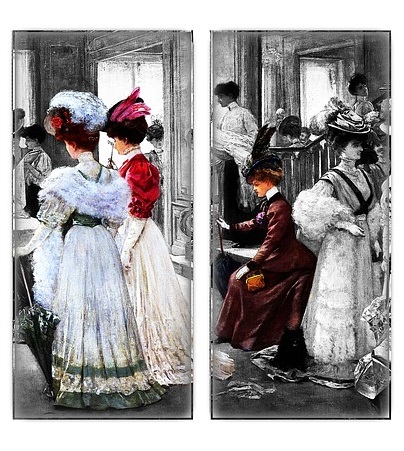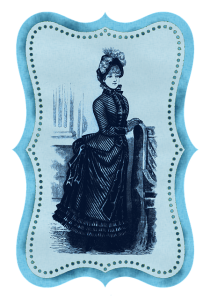Alas, Atwood didn’t use
Shakespeare’s pen
Book review:
Hag-Seed
by Margaret Atwood, New York: Hogarth Shakespeare, Crown Publishing Group, 2016
I’m not a fan of writers who write books that are imitations or re-interpretations of other writers’ work. Hag-Seed is a case in point. Let’s be fair. Shakespeare’s plays are complex assemblages of characters, speeches and plots. Atwood’s work, nominally based on The Tempest, has the same characteristics.
Her prose and dialogue are ordinary, for my taste. Her story is about as far as one can get from magical. Of course a reader can figure out which of her characters is aligned with Shakespeare’s Prospero and Caliban and Miranda and so on. Of course a reader can see a transparent image of Shakespeare’s plot.
For my taste, Hag-Seed is an awkward, deliberately mean, and desperately inelegant version of The Tempest.
Cut loose from the Shakespeare connection, Hag-Seed is low-grade storytelling. IMNSHO.
* * * * * *
…and now for something completely different:
Hag-seed
Their hands are busy, rhythmic moves,
the three bend in to pace their work,
all hunched, with withered, trembling hands,
with eyes alert,
and silent lips that need not speak
the thoughts they share.
These crones engage each day to toil,
they do not keep a pot a-boil…
but a warming fire, as they need.
From different skeins
they draw their custom works in needled plait,
these hags intent on what’s in hand,
and hushed in awe of what’s at hand,
they huddle, each to each,
all cloaked in drab and drear,
their plainest miens
betray the luminous welling of their keenest joy,
and one of them, in blooming,
swells the hearts of all.
A spark of expectation lights and lightens
the artful labor of their crabbed fingers,
grasping small things of great portent—
a tiny cap, a shawl, a swaddling robe—
for the child to be born.
In waiting they are ladies
bound in common by certainty
and their exaltation
in believing that the babe will be a girl—
a budding rose without a thorn.
January 29, 2017
My poem “Hag-seed” was published January 23, 2018, in my second collection of 47 poems, Seeing far: Selected poems. You can buy it on Amazon (paperback and Kindle), or get it free in Kindle Unlimited, search for “Richard Carl Subber”
It’s easy to remember the sauce
(my nature poem)
“Debut”
click here
The Reader (Der Vorleser)
Not just a rehash of WWII…
by Bernhard Schlink
I offer my kind of thoughtful book summary above. I write a serious review about almost every book I read. You can read other reviewers to get a detailed summary of what the book offers, and to learn specifics about the characters and plot. My reflective commentary is stimulated by the contents and the overall impact of the book, be it a love story or a history or a treatise or classic literature… Generally, I don’t have to post a spoiler alert. I’ll tell you about aspects of the book—the good, the bad, and the ugly—that make it exceptional. I’ll give you something to think about.
Your comments on my poems, book reviews and other posts are welcome.
Book review. My poetry. Copyright © Richard Carl Subber 2018 All rights reserved.
My first name was rain: A dreamery of poems with 53 free verse and haiku poems,
and the rest of my poetry books are for sale on Amazon (paperback and Kindle)
and free in Kindle Unlimited, search Amazon for “Richard Carl Subber”





